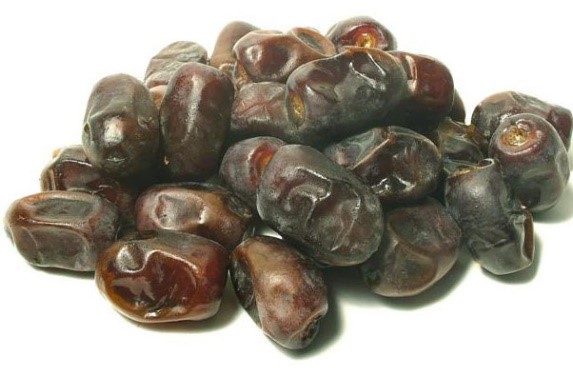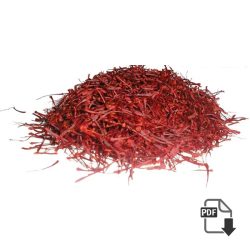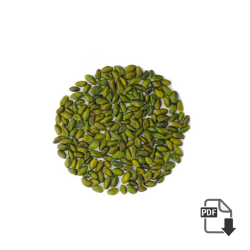A Comprehensive Guide for Buyers
Why Import Hazelnuts?
Hazelnuts, known for their rich flavor and versatile culinary uses, are one of the most sought-after nuts worldwide. With a growing demand in various industries—from confectionery to health foods—importing high-quality hazelnuts can significantly enhance your product offerings. This guide will explore the best types of hazelnuts to import, focusing on their unique characteristics, origins, and applications.

Top Varieties of Hazelnuts for Import
1. Turkish Hazelnuts
Turkish hazelnuts are globally recognized as the finest quality hazelnuts available. Turkey is the largest producer of hazelnuts, accounting for approximately 70% of the world’s supply. The country’s favorable climate and fertile soil contribute to the superior flavor, size, and quality of its hazelnuts. Turkish hazelnuts are ideal for various applications, including baking, snacking, and chocolate production. Their consistent quality and rich, buttery flavor make them a top choice for importers aiming to cater to gourmet markets.
2. Italian Hazelnuts (Tonda Gentile)
Italian hazelnuts, particularly the Tonda Gentile variety, are renowned for their unique flavor profile and high oil content. Grown in the Piedmont region, these hazelnuts are smaller than Turkish varieties but pack a powerful taste. They are often used in artisanal chocolate and gourmet pastries due to their sweet, delicate flavor. Importing Italian hazelnuts can appeal to premium markets and confectioners looking for high-quality ingredients that add a distinctive touch to their products.
3. American Hazelnuts
The U.S. also produces hazelnuts, with Oregon being the leading state for hazelnut cultivation. American hazelnuts are known for their rich flavor and crunchy texture. While they may not have the same international recognition as Turkish or Italian varieties, they are gaining popularity in the domestic market. Importers looking to diversify their offerings can consider American hazelnuts for a unique flavor profile, especially for snack and health food products.
https://www.irandriedfruit.com/do-hazelnuts-have-fiber/
4. Filbert Hazelnuts
Filbert hazelnuts, commonly grown in Europe and the U.S., are a specific type of hazelnut with a distinct oval shape. They have a robust flavor and are often used in various culinary applications, including salads, baking, and snacking. Importing filbert hazelnuts can appeal to consumers looking for unique textures and flavors in their nut selections, providing an excellent opportunity for specialty food markets.
Key Considerations for Importing Hazelnuts
1. Quality Assurance
When importing hazelnuts, ensuring quality is essential. Buyers should seek nuts that are free from defects, mold, and insect damage. Conducting regular quality checks and sourcing from reputable suppliers will help maintain product integrity and build trust with your customers. Certifications such as organic or non-GMO can further enhance the appeal of your hazelnuts in the market.
2. Sustainability and Sourcing Practices
Sustainable sourcing practices are becoming increasingly important to consumers. Importers should prioritize working with producers who practice environmentally friendly farming methods. Transparency in the supply chain can help build credibility and attract environmentally conscious buyers.
3. Market Trends and Consumer Preferences
Understanding current market trends and consumer preferences is vital for successful importing. The demand for healthy snacks and plant-based ingredients is on the rise, making hazelnuts an attractive option for health-conscious consumers. By staying informed about market dynamics, importers can tailor their product offerings to meet evolving consumer needs.
other products
-
Whole dried apricot Special wholesale price + analysis + sale offer
This variety is very sweet with an orange color. Sulfur is added to whole dried apricots in order to maintain the natural color, prevent bug infestation, and increase preservation.
-
Dried lime Powder
Dried Lime: Producer area: Fars, Hormozgan How to store: Fresh dried lime is in mustard color and sour taste. Dried lime in big size and darker color is the one with high quality. It can be stored in dry place…
-
Dried Prune
Since time immemorial, dried plume has been reputed for its anti-conception properties. However its benefits have gone beyond this. Wishing to lose some weight, we highly recommend you to put dried plume to your diet, either in your food or…
-
Sargol Saffron | most economical saffron for import
Sargol Saffron | most economical saffron for import : sargol saffron consists only of Dark Red Stigma (thread) Tips. So. in other words all the white and orange parts are removed. This saffron is the second most expensive type of…

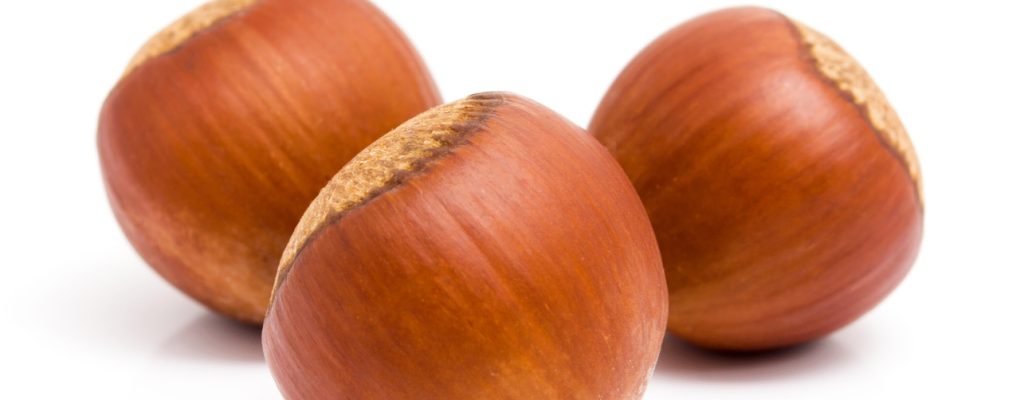
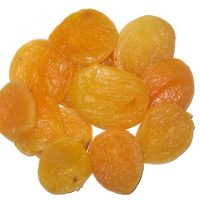
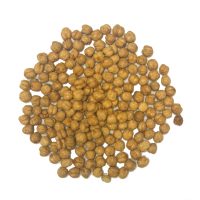

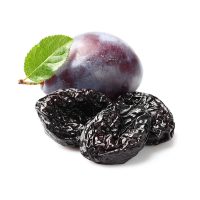
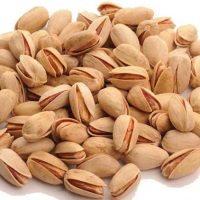
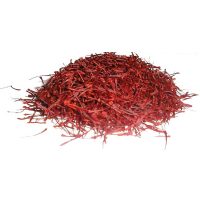
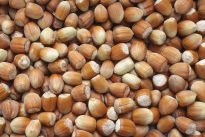


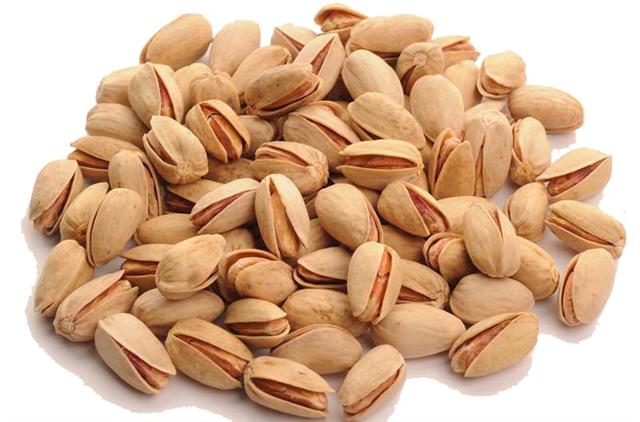
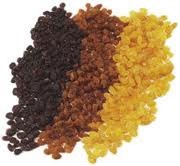 3 kind raisin
3 kind raisin 